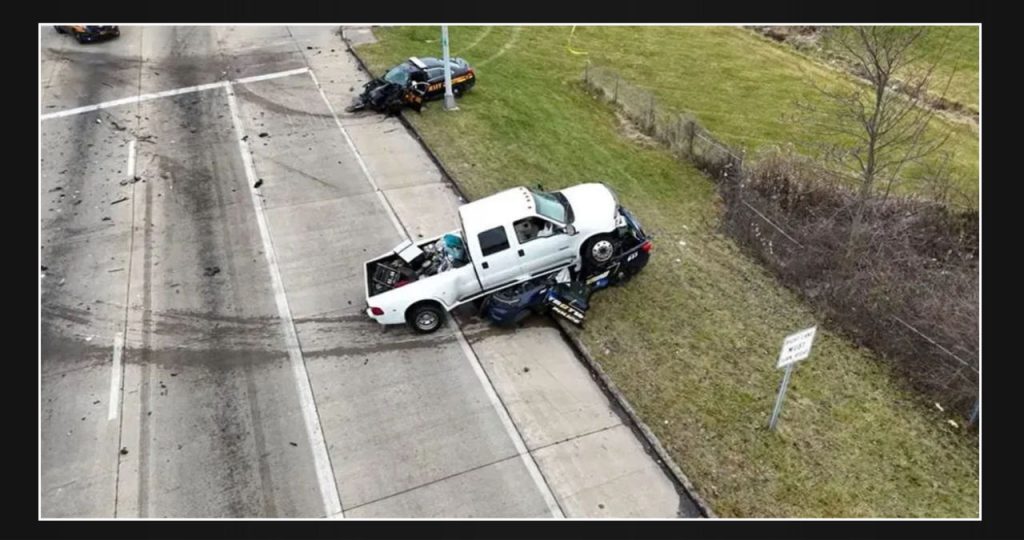In just 90 days, a new law will take effect in Ohio aimed at curbing hooning and police chases. Dayton, Ohio reported this development, signaling a significant step toward safer roads and better law enforcement in the state.
According to Dayton Fraternal Order of Police President Sgt. Kyle Thomas and Representative Phil Plummer, House Bill 56 fills a crucial gap by imposing stricter penalties for individuals who lead police chases, as well as those who engage in dangerous activities such as hooning or reckless driving.
Plummer explained that the new law increases penalties for those who evade the police. In the past, running from the police did not have significant consequences, but now it is considered a third-degree felony. This means that if you are caught evading the police, you will face imprisonment.
Governor Mike DeWine took a strong stance against the growing trend of hooning, commonly known as reckless driving, on social media by signing HB 56 into law on July 24. The new legislation will impose stricter penalties on individuals involved in police chases or engaged in such dangerous driving practices.
According to Sheriff Rob Plummer, the street takeover activities, also known as hooning, have become a major concern for law enforcement. These activities, which involve taking over streets with dirt bikes, four-wheelers, and doing donuts, have escalated to the point that they are no longer just traffic violations. In fact, they are now classified as first-degree misdemeanors, and those caught engaging in these activities can be arrested and taken to jail by deputies and Dayton officers.
The Dayton Fraternal Order of Police was asked by Dayton 24/7 Now about the advantages of the new law, given the city’s history of up to 58 police chases and numerous hooning takeovers on its streets in a single year.
Thomas expressed concern over the dangers of hooning and large crowds taking over the streets. He emphasized the potential harm it could cause, not only disrupting the lives of innocent taxpayers but also posing a risk of injury to individuals involved.
According to Thomas, simply taking action by the police is not enough; prosecutors must also take the matter seriously.
Thomas expressed uncertainty about how the situation would be handled during prosecution and in court. He noted that Montgomery County tends to have more lenient sentencing compared to neighboring counties. “We’ll have to see how that plays out,” Thomas said.
Starting from Tuesday, October 22, the bill will officially become a law.
Read More:
- Suspect Keefe D in Tupac Shakur murder allegedly went undercover to implicate Diddy
- Brittany Mahomes Discusses Pregnancy Issues as Patrick Mahomes Starts Training Camp for Their Third Child
